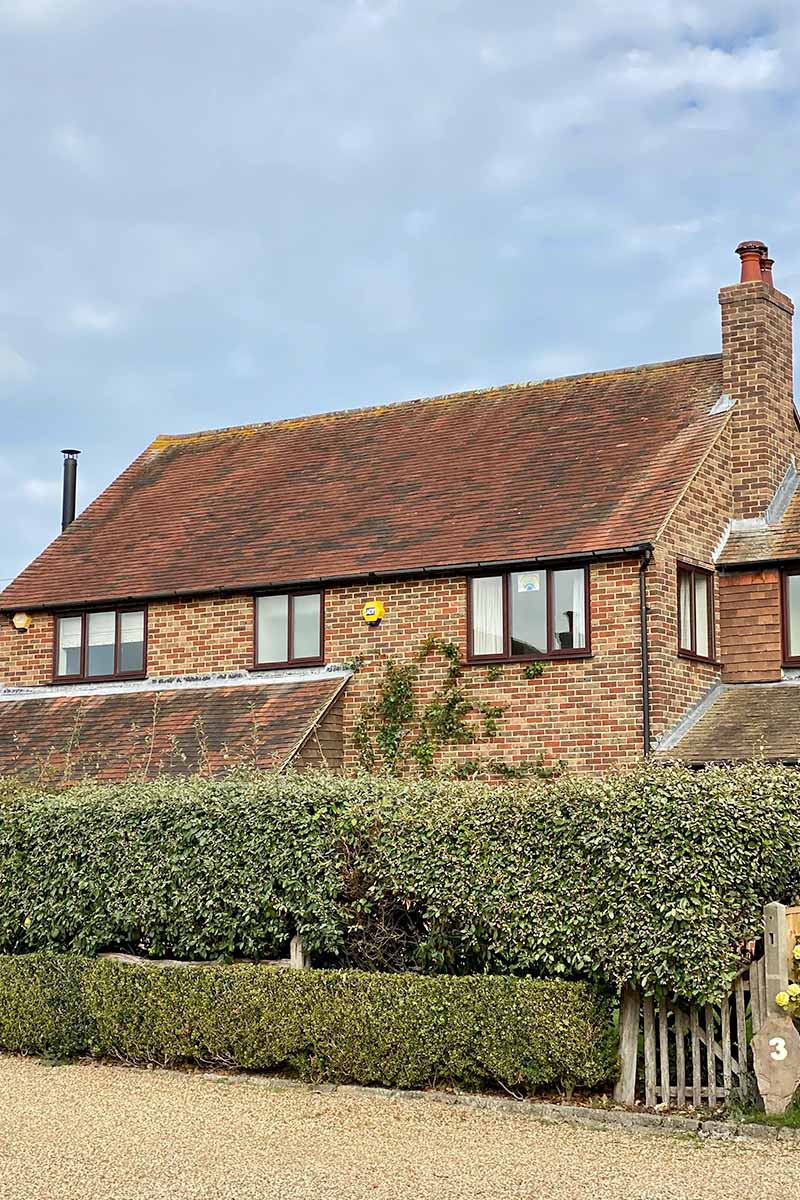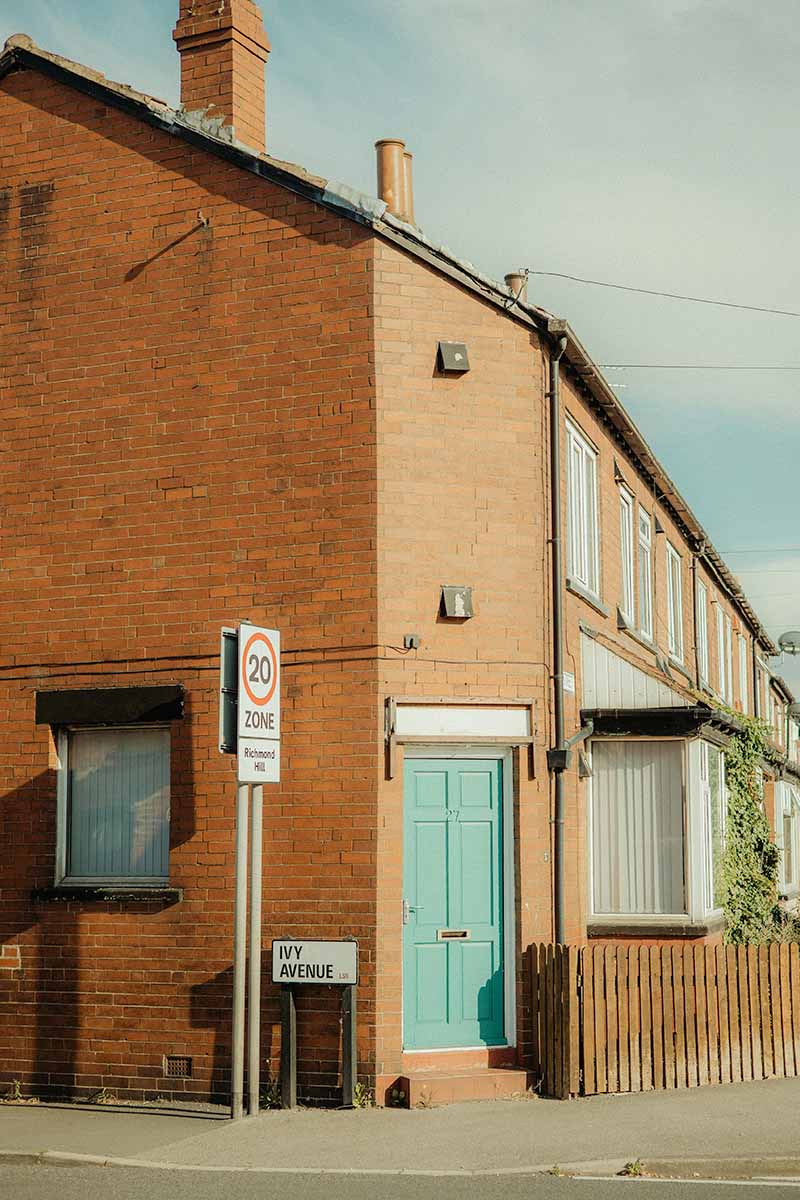What to do with your home after divorce
You can sell the property, buy each other out, delay selling until a future date, or continue to co-own. The right approach depends on your financial situation, legal ownership, and whether children are involved. Because the family home is often your most valuable asset, it’s important to understand your options clearly and make a decision that makes sense for both the short and long term.
There’s no one-size-fits-all answer when it comes to dealing with the family home after divorce. Your options will depend on finances, legal agreements, children, and future housing plans.
Key points include:
- You can sell the home, buy each other out, delay the sale, or co-own for a period.
- Legal and mortgage implications vary depending on the route you take.
- If children are involved, courts may delay sale to prioritise their wellbeing.
- You can sell before, during, or after divorce — even if one person doesn’t agree.
- You’ll need legal agreements like a consent order to formalise property decisions.
- A cash sale can provide speed, certainty, and avoid legal fees if you use our solicitor.
- Selling isn’t always the easiest option, but it may be the right one.

What are your options for the family home?
There are a few common ways to deal with a shared home after divorce. The right option depends on your financial situation, whether children are involved, and how much cooperation there is between both parties. In most divorce cases, the home is considered a shared marital asset — even if it’s only in one person’s name — and the court will aim for a fair division.
Sell the home and split the proceeds
This is often the cleanest way to separate financially. You put the property on the market, pay off any remaining mortgage, and divide the remaining equity. How you split it depends on what you agree or what the court decides. It’s ideal when both parties want a fresh start and particularly useful if neither can afford the mortgage alone.
Some couples also choose to rent out the property temporarily while they agree on a long-term solution.
One person buys out the other
Known as a transfer of equity, this is when one person stays and takes full ownership of the home, usually by refinancing the mortgage in their name. You’ll need to agree on the property’s value, arrange for a solicitor to draw up the documents, and get approval from your mortgage lender.
Keep the home jointly (co-ownership)
Some couples choose to keep the house in both names after divorce. This might be temporary (such as until children finish school) or long term if the house is being let out as an investment.
Benefits include:
- Stability for children.
- Time to wait for the housing market to improve.
- Shared costs and potential rental income.
Drawbacks include:
- Ongoing financial and legal ties.
- Challenges around decision-making.
- Risk to your credit if one person doesn’t pay.
- Complications with future borrowing or estate planning.
Delay the sale (Mesher or Martin orders)
If children are involved, the court may allow one person to stay in the home and delay the sale until a trigger event such as the youngest child turning 18. This provides continuity for the family but keeps both parties financially tied to the property.
Save time and hassle by selling your home with us
Get a guaranteed cash offer on any property in England and Wales. All you need to do to get started is enter your address below.
Is selling after divorce straightforward?
Selling a home after divorce can feel like a logical next step, but it’s not always simple. While the actual process of selling is the same, the emotional and financial context makes it more complex:
- You both need to agree on the price, timing, and terms.
- You may need court orders or consent agreements.
- Mortgage considerations and legal paperwork can take time.
- There’s often added stress, especially when communication is strained.
That said, sometimes selling is the only realistic option — and in these cases, moving quickly can help both people access their share of the equity and start making plans for the future.
What are the legal steps to transfer ownership?
If one of you is staying in the home, there are several legal stages to go through:
- Agree a settlement: Documented in a legally binding consent order.
- Get lender consent: Your mortgage provider needs to approve any changes.
- Draft a Transfer of Equity: A solicitor will handle this.
- Notify other stakeholders: Banks or lenders may need to approve the transfer.
- Register with HM Land Registry: This makes the new ownership official.
- Consider tax implications: Capital Gains Tax may apply in some cases.
- Finalise the process: Once the transfer is complete, records are updated.
You’ll need legal advice throughout, especially if the home is your largest shared asset. Consent orders can take several weeks to process, so it’s best to factor that into your plans.
What happens to the mortgage?
Whether you’re selling, buying each other out, or co-owning, the mortgage needs to be addressed. Both names stay on the mortgage until it’s paid off or transferred.
Scenarios to be aware of:
- Selling: Mortgage is repaid from sale proceeds.
- Buying out: The lender must approve a new mortgage in one name.
- Staying on jointly: You both remain liable, even if one person moves out.
If you’re concerned about affordability, speak to your lender. In some cases, interest-only options or other arrangements may be available.
How mortgage timing affects what you can do
Some mortgage terms limit what you can do with the property — and when.
Check your mortgage paperwork before making plans, especially if you’re in a fixed-rate deal or recently purchased.
How might buyers view a house sold after divorce?
Selling soon after divorce can raise questions. Buyers may assume there’s an issue with the home, or think you’re trying to offload it quickly. This can affect perceived value — and make it harder to negotiate your ideal price.
Being upfront about your reasons (where appropriate), presenting the home well, and setting a realistic price can all help. If you’d prefer to avoid these complications, a private cash sale offers a faster, quieter route.
Thinking about selling your house after divorce?
We make the process quicker and less stressful:
- Final cash offer within 48 hours.
- Flexible completion timelines.
- No legal fees when you use our partner solicitor.
- Guaranteed offer with no surprises.
Whether you need a quick resolution or just want to understand your options, we’re here to help. Request your free valuation today.
Property owners are choosing Habello for a faster, easier and less stressful way to sell
Sell your home quickly for cash by accepting an offer just below market value. See how we compare to your other options by using the calculator below.
Related guides
Bring yourself up to speed with our property guides.





































































































